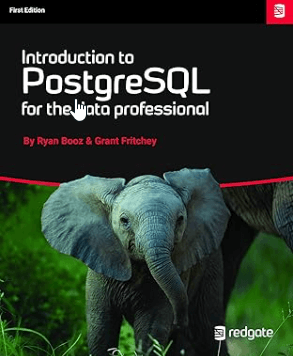|
| Featured Contents |
| Question of the Day |
| |
| The Voice of the DBA |
| In Praise of Simplicity or The Power of Plain Language in a Buzzword World There’s a moment I experience all too often in tech meetings, presentations, or vendor demos where someone starts talking, and instead of clarity, I get hit with a tidal wave of jargon: “synergizing AI-driven orchestration pipelines for real-time actionable insights using cloud-native microservices and agentic AI to serve as a digital twin.” And somewhere in that flood, I find myself asking the most important question: But what does it actually do and do they really know what they’re even talking about? I’ve learned to trust that instinct. When I hear a string of buzzwords with no functional explanation behind them, a red flag goes up. I don’t need hand-waving or keyword bingo, what I really need is understanding. I’ve realized over the years that if someone truly understands a concept, they can explain it in layman’s terms. No marketing spin, no acronyms piled on acronyms and use simple words that can be comprehended by just about anyone. Please understand, this isn’t about dumbing things down. It’s about cutting through noise to get to value. You can be an expert, hell, you can be THE expert and still explain something simply. In fact, that’s often what I find to be the mark of someone who has real depth in their craft. I don’t admire the person who walks into the room and tries to sound like the smartest person there. I admire the one who makes everyone in the room smarter just by the way they explain something. It’s not a lack of intelligence that makes people bristle at jargon; it’s the fatigue of having seen it used as a smokescreen too many times. As someone who’s spent a career in technical roles, no matter if it was from databases and DevOps to AI and analytics, I’ve come to appreciate those who skip the theater and show me the mechanism. Tell me how it works. Walk me through the problem and the solution. Use real-world comparisons, analogies, and plain English. That’s how things click and that’s where real breakthroughs happen. Of course, buzzwords have their place. We use shorthand to communicate within our circles: “CI/CD,” “zero trust,” “data lakehouse” but these terms only have value when it leads to real understanding, not confusion. The moment the room tilts toward proving how much we know rather than ensuring others understand, we’ve lost the plot. When I’m explaining something to someone, whether it’s how AI agents handle tasks, how Oracle handles waits, or why your database migration strategy matters, I must always remind myself to go simple first. Because if I can’t explain it clearly without relying on the trendiest buzzword of the month, then maybe I don’t understand it well enough yet. I truly believe the rule of thumb should be: If someone can’t explain it to a smart, curious 5-year-old, then the decision is they don’t understand it deeply enough themselves. And if someone can? Well, they’re the kind of technologist I enjoy working with. Plain language isn’t a lack of sophistication; it’s a sign of mastery.
Peace out, DBAKevlar Join the debate, and respond to today's editorial on the forums |
| |
| Featured Contents |








